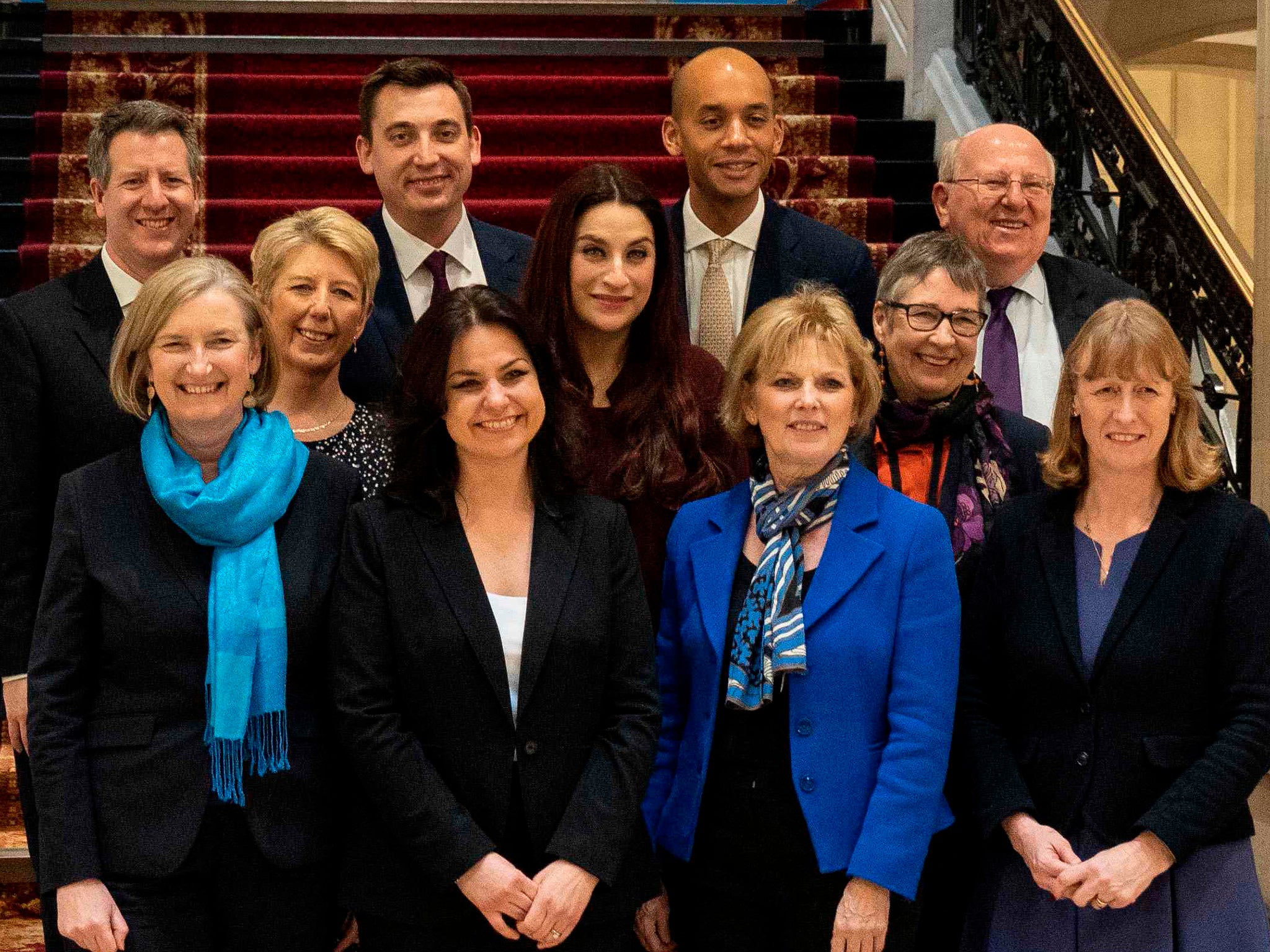What is the Independent Group’s position on Brexit?
The group’s 11 members have much more in common than points of difference, such as their enthusiasm for Europe, but as Sean O'Grady explains, they still need to work out a detailed approach to Brexit


Like all political parties, or, in this case, a proto-party, the Independent Group (TIG) of MPs has a formal, manifesto-style policy on Europe, which is vague and soothing and can unite them.
However, TIG are travelling light on formal commitments and on detail.
All they say on their official website about Brexit is this: “We believe in maintaining strong alliances with our closest European and international allies on trade, regulation, defence, security and counter-terrorism.”
That is such a broadly drawn statement that anyone from Jacob Rees-Mogg to Jeremy Corbyn to, well, Chuka Umunna and back again could readily agree to it.
What is surprising about the formal statement of values is that it isn’t more explicit about what the vast majority of TIG MPs are publicly and frequently on the record as supporting – a second referendum, or Final Say, on Brexit. It would not be unfair to characterise them as dedicated Remainers; pro-Europeans who have dedicated much of their political careers, in their respective former parties, to the European cause.
They would also, to a man and woman, warmly welcome any efforts to rule out a “no-deal” Brexit, and to postpone Brexit in any case. In this respect they share the instincts of many former colleagues in their old parties. In the words of Chris Leslie: “Choosing to stand by while our constituents’ lives and future opportunities are hurt by Brexit is a fundamental violation of Labour’s traditional values.”
Yet what might TIG do if a second referendum or a delay to Brexit – both it seems increasingly likely – was somehow not possible to achieve? Would they, when push comes to shove, back Theresa May’s deal over a no-deal Brexit – as logic would suggest? Or would they simply refuse to accept the choice as a genuine one and vote her deal down, if forced into such a dilemma? Might they have a free vote, each according to their own conscience?
And if there was a Final Say referendum, what if Britain again voted to leave the EU? What then?
More widely, in pursuit of their European beliefs, would TIG MPs be prepared to vote against the government in a vote of no confidence? The answer, as Heidi Allen told The Independent, is that they would not, because it might mean a government led by Jeremy Corbyn. But, on the other hand, that removes their negotiating leverage with Theresa May on Brexit; she need not fear that they will eject her from Number 10.
These sorts of questions, among many other tactical matters, is where differences of opinion will start to emerge – no doubt labelled “splits”. In future, particularly if they end up campaigning to re-enter the EU, TIG MPs will have more tense debates about having to adopt the euro, about the Schengen no-passport area, and about the UK’s contributions to the EU budget.
Even so, the group’s 11 members have much more in common than points of difference, such as their enthusiasm for Europe. There is a reason, for example, why Ian Austin, an MP for Dudley, did not choose to join them when he defected from Labour – because he is prepared to support a version of Brexit; and TIG is not.
If and when the time comes for a general election, if the Brexit issue is still live, TIG will, with the Liberal Democrats, the nationalists in Scotland and Wales, the Greens and the Northern Irish republican parties, offer an unequivocally anti-Brexit, pro-second referendum, pro-Remain agenda.
Got an unanswered question about Brexit? Send it to editor@independent.co.uk and we’ll do our best to supply an answer in our Brexit Explained series
Join our commenting forum
Join thought-provoking conversations, follow other Independent readers and see their replies
Comments